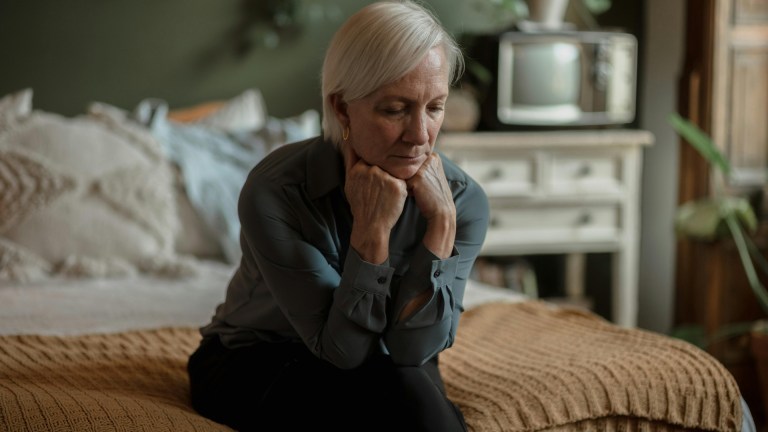The NHS has tried to make developers chip in. Housing developments bring thousands of residents, putting pressure on infrastructure and services like schools, roads, and transport links as well as GP surgeries. Councils can request developer land and money through legislation called Section 106 and the Community Infrastructure Levy (CIL). That money can then be used to ensure infrastructure doesn’t buckle under the demand.
In Bicester, Section 106 was used to obtain land for the Health Hub. Up to £300,000 of developer money was requested from Assura to fund transport links. The plan was that Assura would pay for construction and rent the hub out to the NHS, recouping its investment over time. The NHS, however, couldn’t afford the rent amount set by Assura.
In 2018, Pulse magazine reported that 35 councils had obtained £61.5m in developer contributions through the CIL. None of these councils reported spending any of that money on healthcare, instead investing in education, transport and waste management. Since then, the NHS has improved its use of Section 106 and CIL. The NHS Property Services has obtained over £20m since 2021. However, the Property Services reported in 2020 that the NHS needed to take a more central, organised approach to requesting developer money – and proving their need for it.
Section 106 and CIL contributions are determined in planning meetings between councils, housing developers and other interested parties. The differing priorities of each can make for fraught negotiations. In some cases, it even leads to legal disputes.
In Leicester and Worcestershire, NHS trusts took their local councils to court. Both trusts had asked the councils to obtain Section 106 funding from housing developers, fearing that new housing developments would bring scores of new patients. In both cases, their requests were rejected by the council. The court cases hinged on whether these rejections were unjust.
Both trusts lost their cases. In July, the Worcester Trust lost on the grounds that it requested Section 106 funding too late in planning discussions. The Leicester Trust, meanwhile, lost its case in 2022. It had asked for Section 106 money to cover the demand created by a 2,750-home development. It argued that the development would lead to a funding gap. The council said the trust failed to demonstrate this gap. The judge concluded that the NHS, not developers, should pay for expanded infrastructure, saying: “the obligation to provide, and financial responsibility for, those services lies with the NHS.”
In May 2023, the waiting list for hospital treatment in England alone reached 7.47 million – a record high. New housing developments bring thousands of new patients to an area with little additional funding, leaving GPs at the intersection of housing and healthcare crises.
The fallout around Bicester’s Health Hub highlights the NHS’s inability to meet new demand without help. Section 106 and the CIL are intended to make developers pay their share, but they’ve also led to legal quagmires and rejected claims.
It results in new residents arriving in towns that can’t provide them basic services. The UK needs new housing, but housing on its own isn’t enough. The people moving in also need schools, roads, green spaces, and healthcare. Those needs are not being met.
Chris Poole is a member of The Big Issue Breakthrough programme.
Do you have a story to tell or opinions to share about this? We want to hear from you. Get in touch and tell us more.










